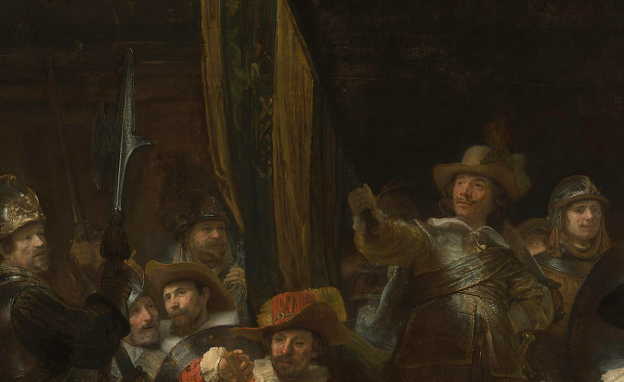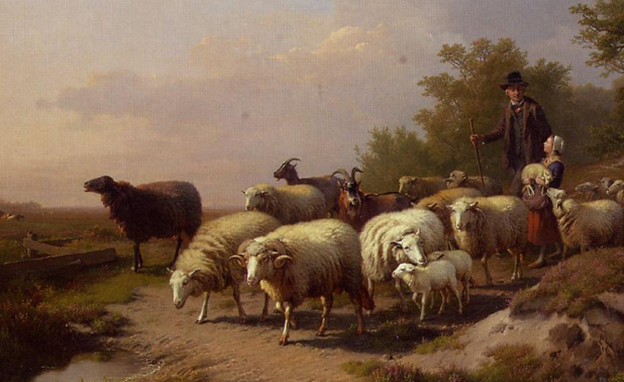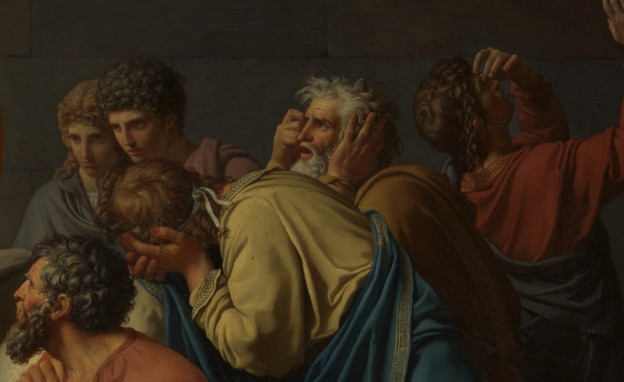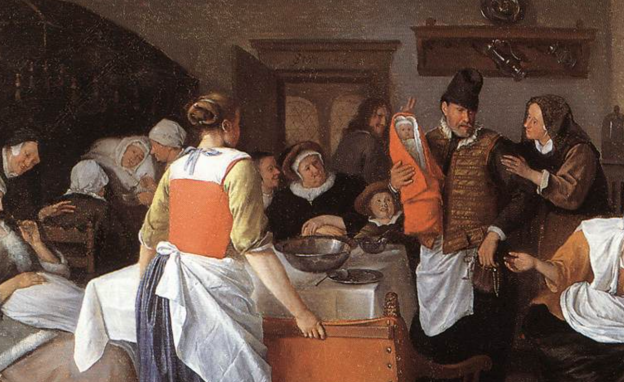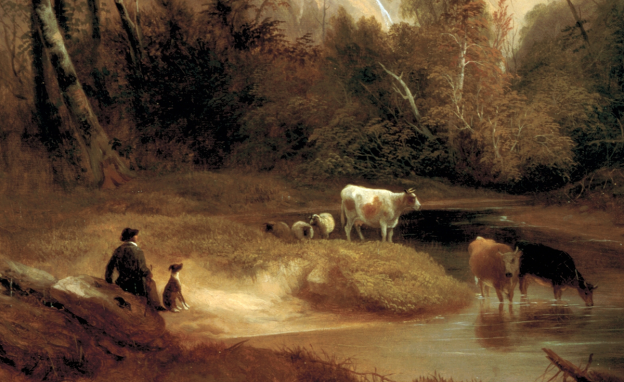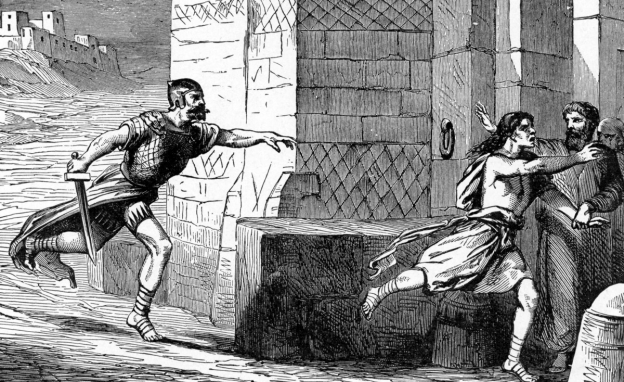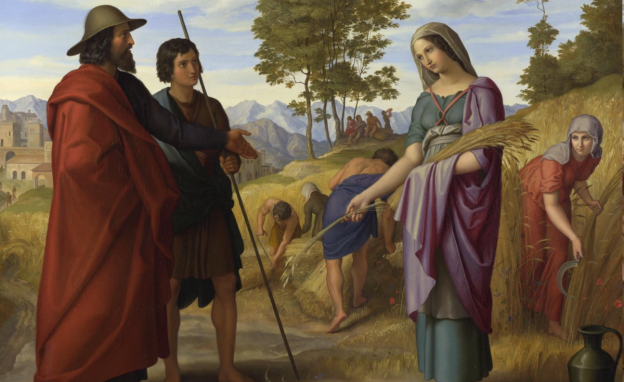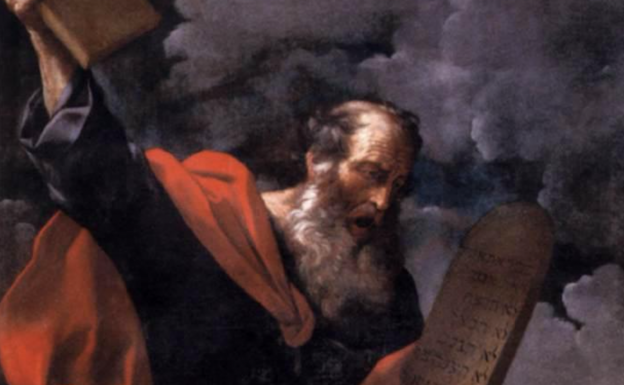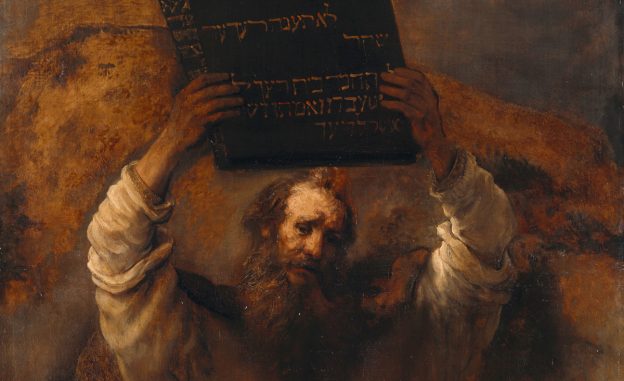Sometimes the Christian walk feels like a slog. You feel like you never get anywhere. Enemies without, and your own attitude and actions within, make you feel like you are heading for defeat. But what we feel is not the case. God has rescued us from slavery to sin, and will deliver us to a victorious presence with him, in his land, under his rule.
The Israelites were in a similar figurative place. God rescued them from slavery in Egypt (a type of their slavery to sin) and brought them to his holy mountain, where he revealed to them how they should live in the light of their salvation. Now, God promises he will complete what he has begun by leading them to victory in their conquest of Canaan. But this victory would be led by God, little by little, and without compromise.
The promise of conquest would be led by God. He would “send an angel before you to guard you” and lead them to Canaan (v.20). They were to listen and obey this angel, for he “will not pardon your transgression, for my name is in him” (v.21). The angel was God’s representative; where he led, God was leading them, and they were to follow.
Rebellion would bring judgement, but obedience, blessing. “I will be an enemy to your enemies and an adversary to your adversaries” (v.22), bringing them to the peoples of that land whose sinfulness required their judgement through being blotted out (v.23).
While Israelites would be fighting, led by God’s angel, he would “send my terror before you and will throw into confusion all the people against whom you shall come, and I will make all your enemies turn their backs to you” (v.27). He would send hornets to drive them out (v.28).
God would do the heavy lifting for his people, driving out their enemies and giving them the land from “the Red Sea to the Sea of the Philistines, and from the wilderness to the Euphrates” (v.31).
However, this victory would not be instantaneous but little by little. God would not “drive them out from before you in one year, lest the land become desolate and the wild beasts multiply against you” (v.29). Giving them all the land would mean they could not cope, and much would return to wild untamed nature.
Instead, victory would take time. “Little by little I will drive them out from before you, until you have increased and possess the land” (v.30). While they may have wanted instant victory, it would instead come over time. It would be complete (v.31), but it would happen slowly, gradually, over time.
But victory over time, complete as it would be, would be without compromise. They were not to compromise with and join the religious practices of Canaan, but “you shall utterly overthrow them and break their pillars in pieces” (v.24).
If they did that, God promised he would give what the Canaanite deities falsely offered but could never provide: plenty of food and water, good health, large families, and long lives (vv.25-6). Material blessings that pointed at that time to greater spiritual blessings.
Their victory had to be without compromise because of the seriousness of failure. They were to make no agreement or bow down to the false gods of Canaan (v.32) “lest they make you sin against me” (v.33).
The false gods and their followers would tempt God’s people away from worship of the only True and Living God, “for if you serve their gods, it will surely be a snare to you” (v.33). They would lead God’s People to their own judgement and destruction, as rebels against God and his leadership (v.21).
The promises here relate to our own Christian walk, as it is a picture of our own spiritual pilgrimage to the greater Promised Land of the New Heavens and New Earth.
We will not win the fight with our own sin or the temptations of this sinful world on our own. We put on the armour of God, which he gives us, to resist sin’s temptations. And we work out our salvation with “fear and trembling, for it is God who works in you, both to will and to work for his good pleasure” (Phil 2:12-13).
We also see that, like the victory God promised to Israel, our victory over sin may come little by little. Becoming holy like Jesus is a process that starts “with a bang” at our salvation, but continues little by little through our whole life until finally complete at God’s side.
But as we pursue victory in Christ, we must heed the warning given to God’s People in this passage too. Our lives must also be without compromise. There is no place for sin. We must abandon and destroy anything in our lives which stands between us and obedience to God.
As we pursue victory in following Christ without compromise, he will lead us to the promised blessings of eternity with God, little by little.

